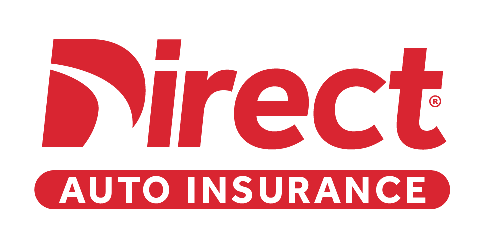Car coverage can often feel similar to a complicated tangle, leaving many drivers overwhelmed by the variety of choices and terminology. Whether you are a first-time buyer or looking to switch providers, comprehending the details of car insurance is vital for protecting yourself and your vehicle on the road. This guide is designed to help you maneuver the challenges of car insurance, transforming the process more straightforward and less daunting.
With a variety of options, coverage options, and prices available, it's important to arm yourself with the knowledge needed to make informed decisions. From third-party coverage to collision and comprehensive policies, knowing what each term means and how it relates to your circumstances can save you time and costs. By breaking down the key elements of car insurance, this guide will empower you to find the perfect policy customized to your needs.

Comprehending Car Coverage Essentials
Vehicle insurance is a agreement between you and an insurance company that provides financial protection in the event of an incident, theft, or destruction to your car. By submitting a premium, you are protected for certain costs associated with automotive mishaps. Comprehending the basics of car insurance is essential for picking the appropriate plan and making sure you have proper coverage for your requirements.
There are different types of insurance options within vehicle coverage, including fault coverage, impact coverage, and all-encompassing coverage. Liability insurance helps pay for damages to others and their assets if you are at responsible in an accident. Collision coverage addresses repairs to your own car after an accident, while comprehensive coverage protects against incidents not involving a collision like robbery or catastrophes. Understanding the variations between these forms can help you make informed judgments.
When choosing a car insurance policy, it is essential to take into account factors like coverage limits, out-of-pocket expenses, and discounts. Increased coverage limits may give greater protection but could cause higher payments. Out-of-pocket expenses are the amount you cover yourself before benefits begin, and selecting a larger deductible can reduce your payment. Many insurance companies also provide reductions for clean driving records, combined policies, or reduced mileage, which can additionally lower your total expenses.
Types of Auto Insurance Coverage
While contemplating car insurance, it's crucial to understand the multiple types of coverage available. The most common form is liability insurance, which is frequently required by law. This coverage shields you if you are found to be at fault in an accident, covering bodily injuries and property damage to others. It is vital to have appropriate liability limits to protect your assets in case of a large claim.
Another, essential type of coverage is collision coverage. This pays for the repairs to your vehicle after an accident, regardless of who caused it. If your car is damaged in a collision, you can make a claim under this coverage to return to driving faster. While not mandatory, collision insurance is advisable for drivers with newer or expensive vehicles who want to defend their investment.
Comprehensive insurance is also a crucial part of auto insurance coverage. It shields against non-collision incidents, such as theft, vandalism, or natural disasters. This type of insurance guarantees you're covered for damages not caused by a collision, granting peace of mind for unexpected events. By combining comprehensive with liability and collision creates a complete insurance plan that safeguards you and your vehicle on the road.
Suggestions for Selecting the Right Policy
When selecting a auto insurance policy, it is crucial to evaluate your coverage needs based on your habits on the road, the kind of car you own, and your available funds. Consider factors such as if you drive your car frequently, the frequency with which you encounter challenging conditions, and the years and price of your vehicle. Tailoring your policy to suit these aspects will help you steer clear of paying for unnecessary coverage while guaranteeing you are properly protected.
It is also important to evaluate different insurance companies and their offerings. Take the time to examine various insurers to gain insight into their credibility, service history, and insurance claims procedure. Many tools allow you to request quotes from multiple companies, thus simplifying the process of evaluation easier. Look for offers that may apply, including clean driving history or combining auto insurance with other policies. car insurance near me open now has its unique benefits, so explore your options to locate the most suitable option for your situation.
Finally, be sure to check the fine print of the policy you are considering. Knowing the provisions, clauses, and exclusions is essential to confirm you know what is protected and what is not. Pay close attention to the deductions, caps, and any additional endorsements that may be needed for your particular circumstances. Taking the time to meticulously examine the policy information will help avoid unforeseen costs down the road and provide reassurance while in your vehicle.
